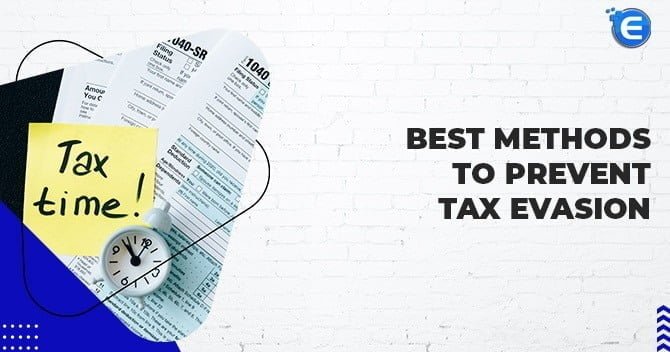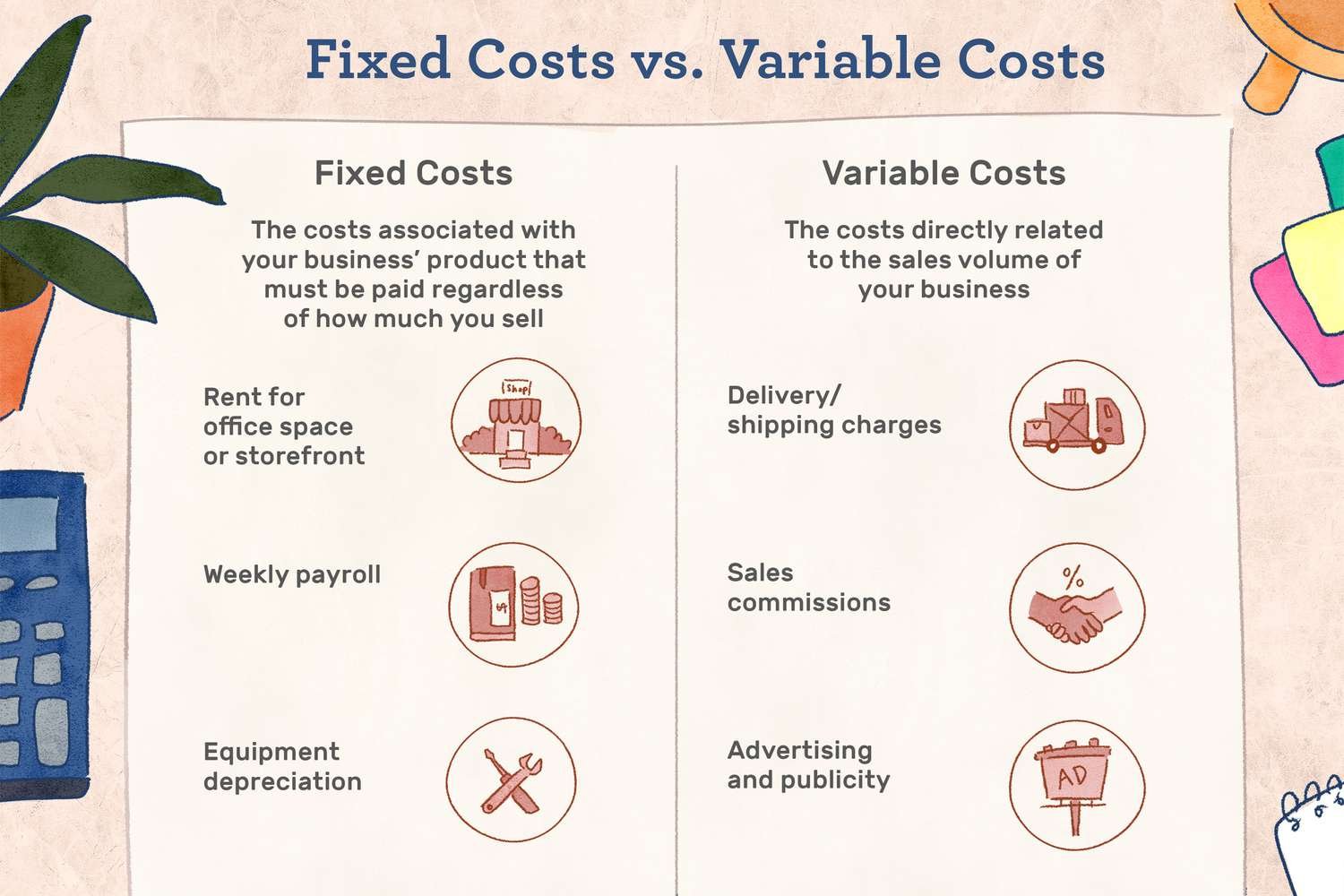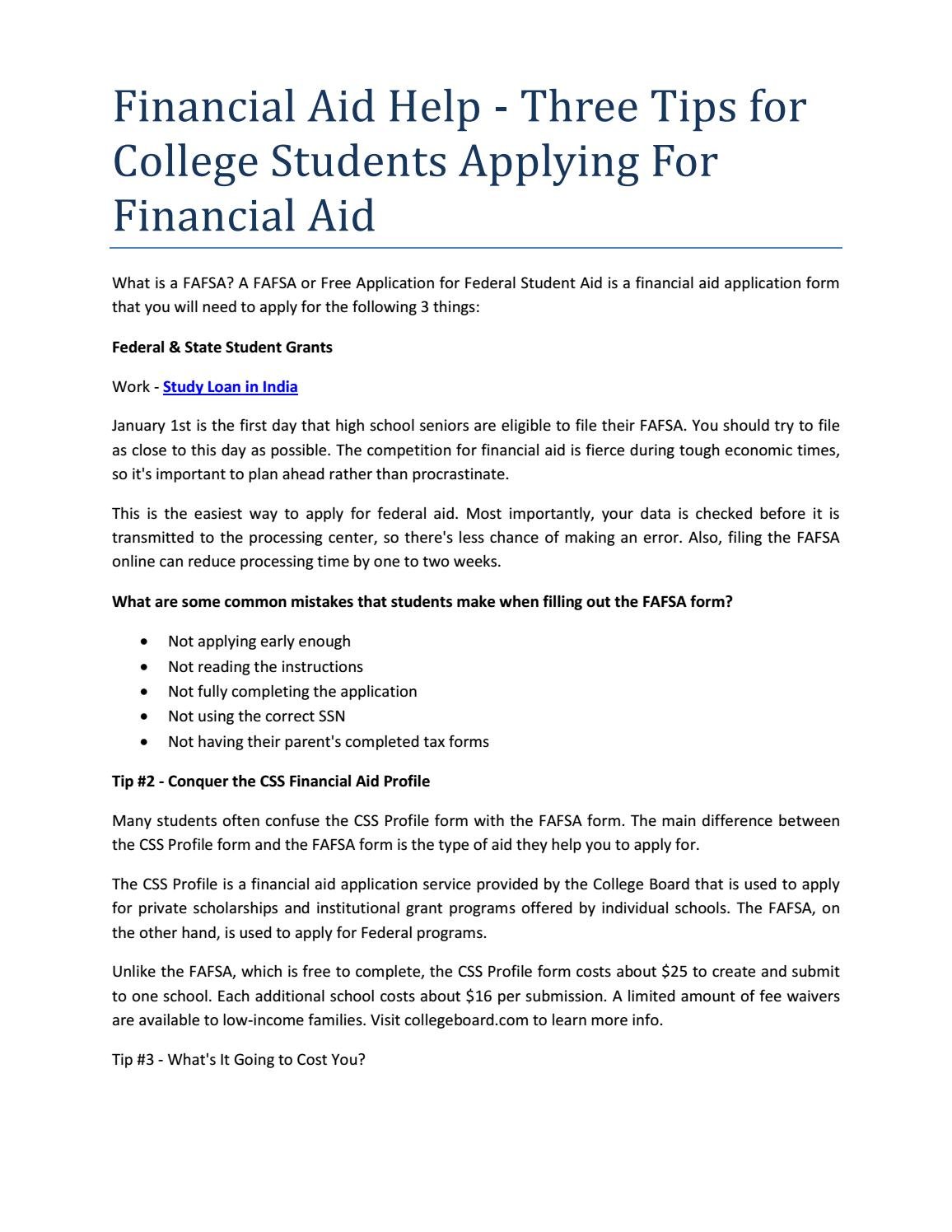Tax evasion is a serious offense that can lead to severe consequences. But what exactly is tax evasion and how can you avoid it? Tax evasion refers to the illegal practice of intentionally avoiding paying taxes that are owed. It can involve underreporting income, inflating deductions, or hiding assets. To steer clear of this unlawful activity, it’s essential to understand the rules and regulations surrounding taxation. By staying informed, maintaining accurate records, and seeking professional advice, you can ensure compliance and keep yourself out of trouble with the tax authorities. So, let’s delve deeper into the world of tax evasion and learn how to avoid it.
What is Tax Evasion and How to Avoid It
Tax evasion is the illegal act of intentionally avoiding paying taxes owed to the government. It involves dishonest and fraudulent practices to hide income, assets, or deductions in order to reduce one’s tax liability. While tax evasion is a serious crime that can result in severe penalties, there are legal and ethical ways to minimize your tax burden. In this article, we will explore the concept of tax evasion, its consequences, and provide tips on how to avoid engaging in such activities.
The Difference between Tax Evasion and Tax Avoidance
Before delving into the topic of tax evasion, it’s important to distinguish it from tax avoidance. While tax evasion involves illegal activities to evade taxes, tax avoidance refers to taking advantage of legal loopholes and strategies to minimize tax liability. Tax avoidance is considered legal and is often encouraged within the bounds of the law. It involves utilizing legal measures such as deductions, exemptions, and credits to legally reduce the amount of tax owed.
Consequences of Tax Evasion
Tax evasion is taken very seriously by tax authorities worldwide. Engaging in tax evasion can result in severe consequences, both civil and criminal. Some of the consequences include:
1. Penalties and fines: Tax evaders can face hefty penalties and fines imposed by tax authorities. These penalties can range from a percentage of the tax amount evaded to substantial monetary fines.
2. Criminal charges and imprisonment: In some cases, tax evasion can lead to criminal charges and potential imprisonment. Individuals convicted of tax evasion may face jail time depending on the severity of the offense.
3. Damage to reputation: Engaging in tax evasion can tarnish your reputation, both personally and professionally. It can lead to public scrutiny and damage your relationships with clients, business partners, and authorities.
4. Legal costs: Fighting tax evasion charges can be an expensive and time-consuming process. Legal fees for hiring tax attorneys and engaging in legal battles can add up quickly.
Common Methods of Tax Evasion
Tax evaders employ various methods and techniques to avoid paying their taxes. Some common methods include:
1. Underreporting income: Intentionally failing to report income or underreporting it is a common method used to evade taxes. Tax evaders may hide income by dealing in cash or using offshore accounts.
2. Overstating deductions: By exaggerating deductions, tax evaders aim to lower their taxable income. This can involve inflating business expenses, claiming false deductions, or engaging in fraudulent practices.
3. Offshore tax evasion: Keeping money in offshore accounts or using offshore entities to hide income and assets is a common tactic employed by tax evaders. Offshore tax evasion allows individuals to avoid taxes in their home countries.
4. Shell companies and fake invoices: Setting up shell companies or using fake invoices to funnel money, inflate expenses, or understate income is another method used in tax evasion. These tactics create a false paper trail to deceive tax authorities.
How to Avoid Tax Evasion
As a responsible taxpayer, it is essential to understand how to avoid engaging in tax evasion. Here are some tips to ensure your tax practices are legal and ethical:
1. Understand Tax Laws and Regulations
Stay informed about tax laws and regulations relevant to your jurisdiction. Educate yourself on available deductions, exemptions, and credits that can help legally minimize your tax liability. Consult with a tax professional or accountant to ensure you are fully aware of your rights and obligations.
2. Maintain Accurate Records
Keep detailed and accurate records of your income, expenses, and financial transactions. This documentation will help provide evidence of your tax reporting in case of an audit. It is crucial to have supporting documents for any deductions or claims you make on your tax return.
3. Seek Professional Tax Advice
Consulting with a tax professional or accountant can provide valuable advice on tax planning and compliance. They can help you navigate complex tax laws and identify legal strategies to optimize your tax situation. Having a trusted advisor can prevent unintentional mistakes and ensure you remain compliant with tax regulations.
4. Be Honest and Transparent
Maintain honesty and transparency when dealing with your taxes. Accurately report all your income and deductions, ensuring that you are not underreporting or hiding any information. Disclose any offshore accounts or foreign assets as required by law.
5. Use Legitimate Tax Planning Strategies
Take advantage of legitimate tax planning strategies and tools available within the boundaries of the law. This can include maximizing contributions to retirement accounts, utilizing tax-advantaged investments, and structuring your business operations efficiently.
6. Review Your Tax Return
Thoroughly review your tax return before filing to ensure accuracy and completeness. Double-check the information provided, verify calculations, and ensure all necessary forms and schedules are included. This step can help catch any errors or inconsistencies before submitting your return.
7. Keep Up with Tax Law Changes
Tax laws can change over time, so it’s important to stay updated with any revisions or amendments. Changes in tax legislation can affect your tax obligations and available deductions. Regularly review updates from tax authorities or consult with a tax professional to stay informed.
In conclusion, tax evasion is an illegal and unethical practice that should be avoided at all costs. The consequences of engaging in tax evasion can be severe, ranging from penalties and fines to criminal charges and imprisonment. However, by understanding tax laws, maintaining accurate records, seeking professional advice, and staying honest and transparent, you can ensure that your tax practices remain legal and ethical. Remember to use legitimate tax planning strategies and stay informed about any changes in tax laws to optimize your tax situation while staying compliant with the law.
How the IRS catches you for Tax Evasion
Frequently Asked Questions
Frequently Asked Questions (FAQs)
What is tax evasion?
Tax evasion refers to the illegal act of deliberately avoiding paying taxes owed to the government. It involves using deceptive or illegal methods to manipulate financial information or misrepresent income, assets, or expenses in order to reduce tax liability.
How can I avoid tax evasion?
To avoid tax evasion, it is important to follow the legal obligations and requirements set by the tax authorities. Some ways to ensure compliance include:
What are the consequences of tax evasion?
Tax evasion is a serious offense and can result in severe penalties if caught. Consequences may include fines, imprisonment, or both. It also damages an individual’s reputation and can lead to a loss of business opportunities.
What is the difference between tax evasion and tax avoidance?
Tax evasion is illegal and involves intentionally evading taxes, while tax avoidance is a legal practice of minimizing tax liability by using legal methods and taking advantage of tax incentives, deductions, and exemptions provided by the tax laws.
Is tax planning the same as tax evasion?
No, tax planning is not the same as tax evasion. Tax planning involves making strategic decisions within the legal framework to minimize tax liability. It focuses on using available deductions and exemptions to legally reduce taxes owed.
Are there any legal ways to minimize taxes?
Yes, there are several legal ways to minimize taxes. By taking advantage of tax credits, deductions, exemptions, and other incentives provided by the tax laws, individuals and businesses can legally reduce their tax liability. It is important to consult with a tax professional to ensure compliance.
What are some common red flags that may trigger a tax evasion investigation?
While not exhaustive, some common red flags that may attract the attention of tax authorities and trigger a tax evasion investigation include:
1. Consistently underreporting income or inflating expenses.
2. Maintaining offshore bank accounts without proper reporting.
3. Engaging in cash transactions without proper documentation.
4. Claiming excessive deductions or exemptions.
5. Not filing tax returns or consistently filing late.
6. Transferring assets to family members or trusts to avoid taxes.
7. Engaging in business transactions with shell companies.
8. Failing to report foreign income or assets.
What should I do if I suspect tax evasion?
If you suspect tax evasion, it is important to report your concerns to the appropriate tax authorities. They have the expertise and resources to investigate potential cases of tax evasion and take appropriate action.
Final Thoughts
Tax evasion is the act of intentionally avoiding paying taxes owed to the government. It is an illegal practice that can come with serious consequences, such as fines or even imprisonment. To avoid tax evasion, individuals and businesses should ensure they report all income accurately and honestly, claim eligible deductions and credits, maintain proper documentation, and seek professional advice when needed. Additionally, staying updated on tax laws and regulations is crucial to avoid any unintentional mistakes that may lead to penalties. By understanding what tax evasion is and implementing proactive strategies, individuals and businesses can maintain compliance and avoid the pitfalls associated with it.



